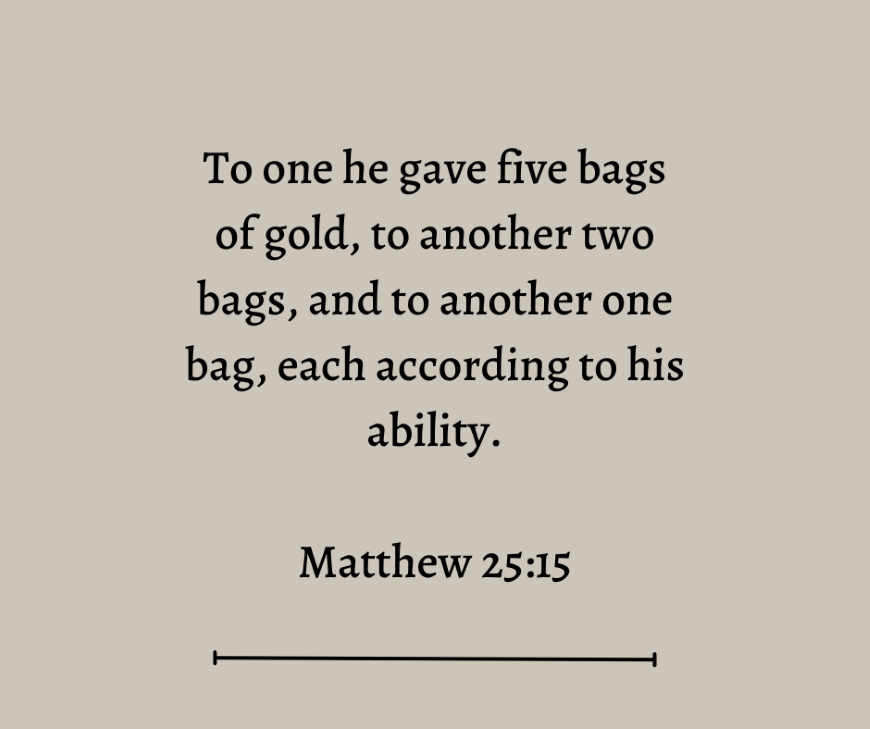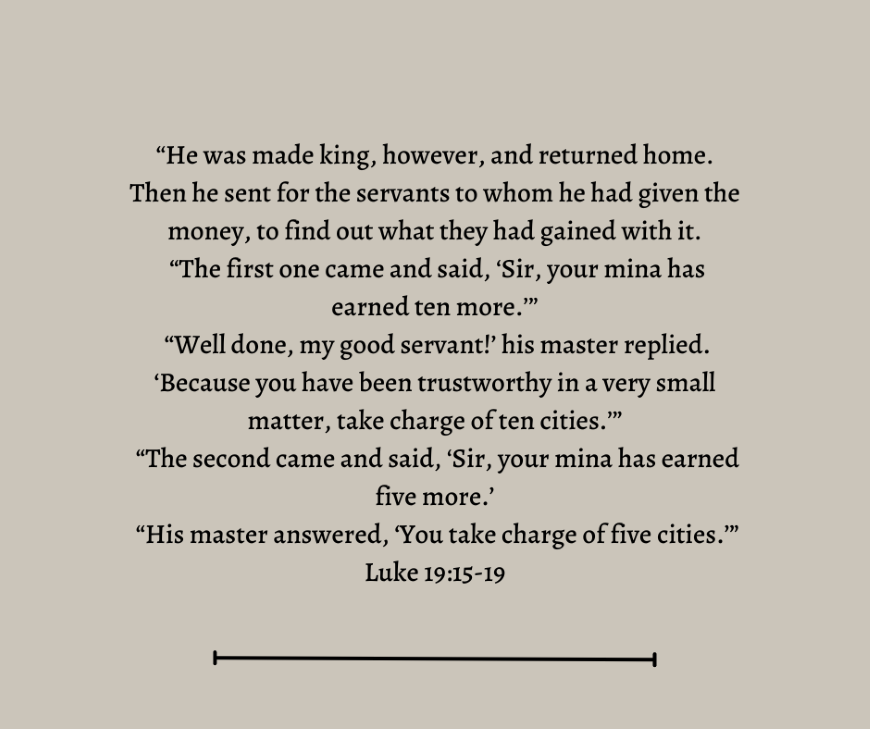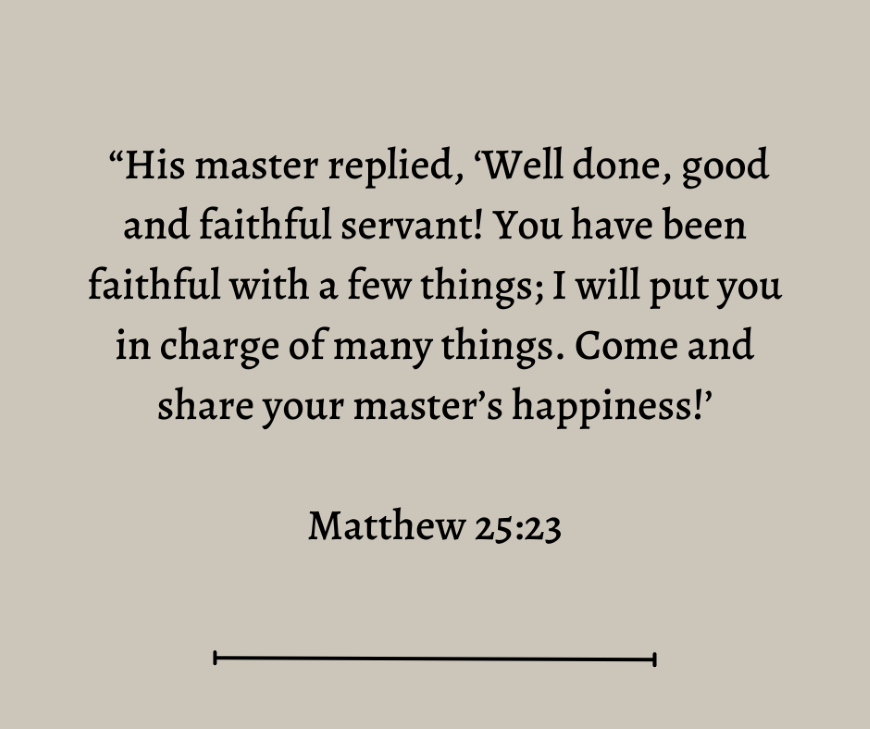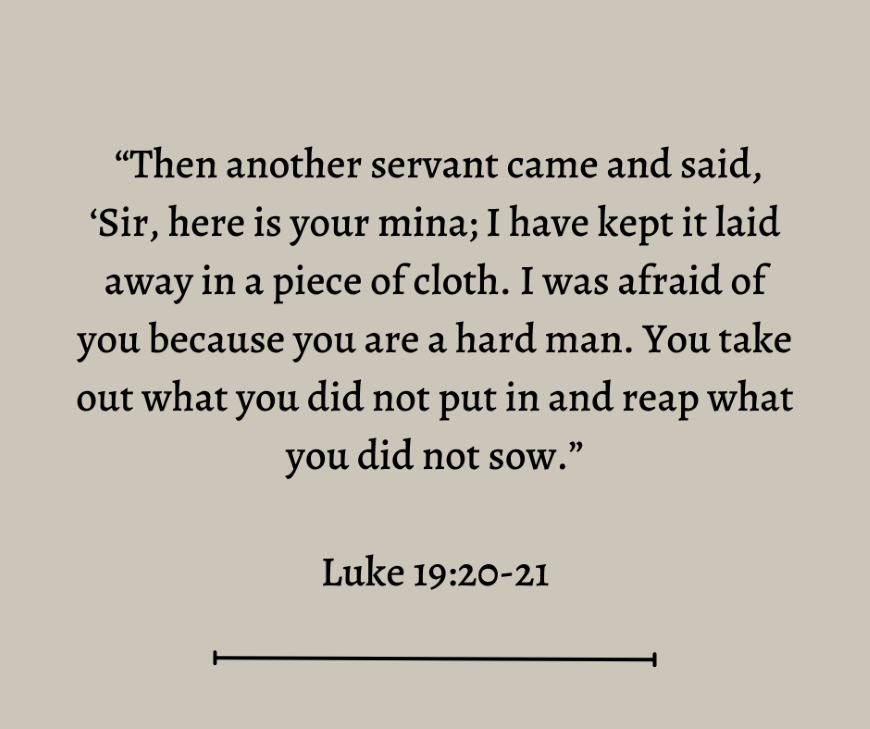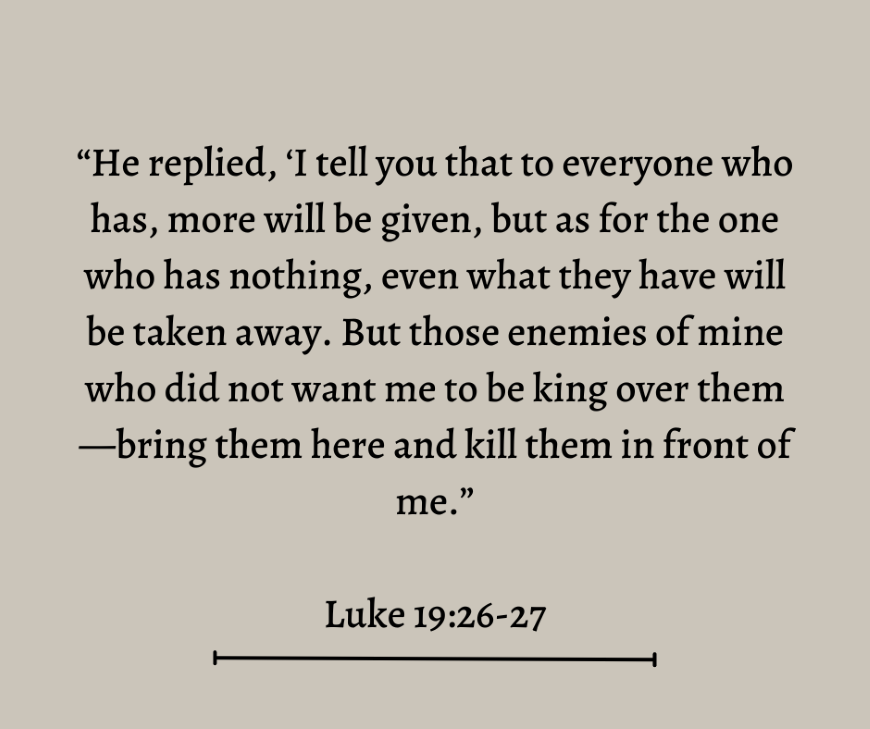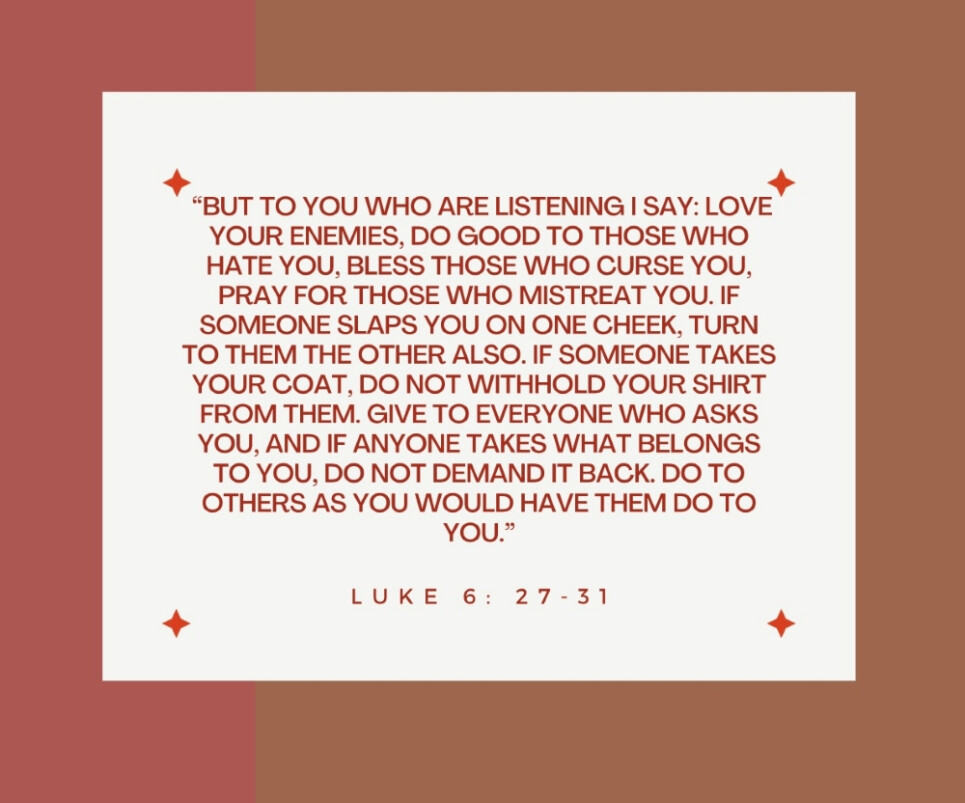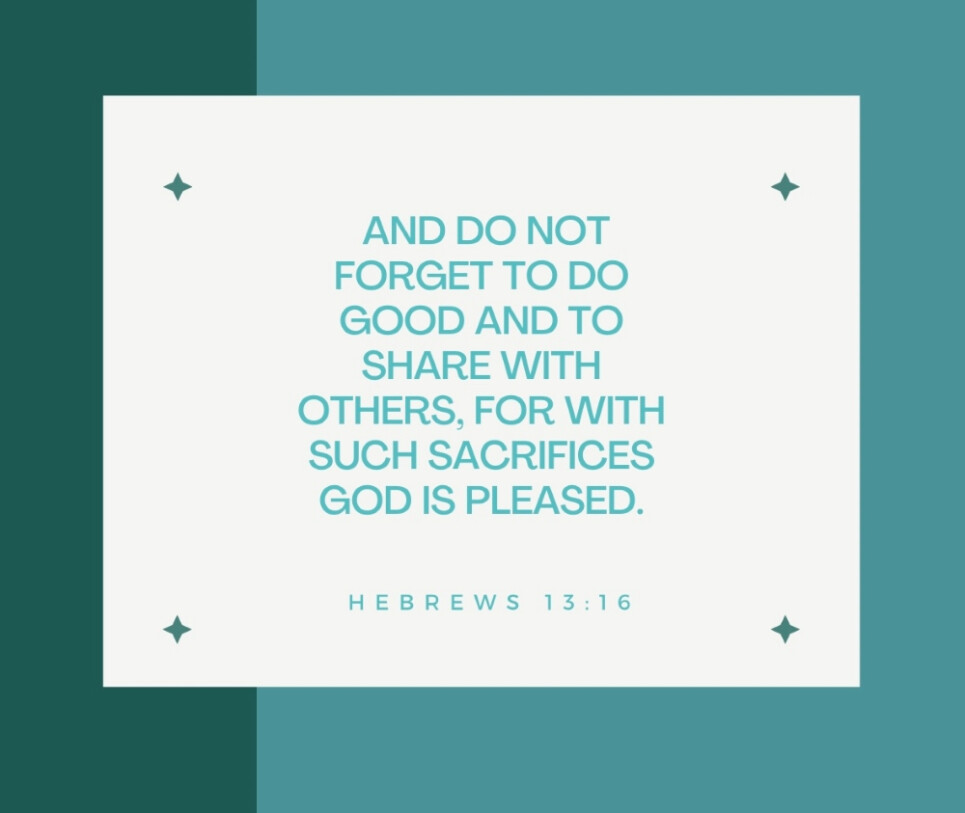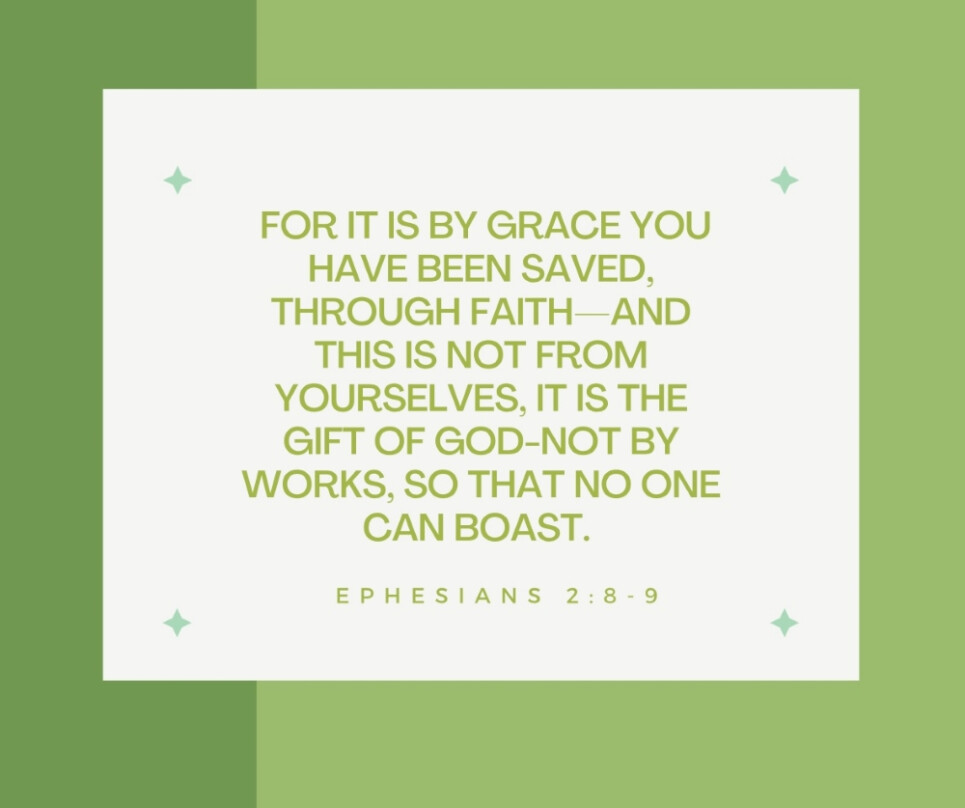Pumpkin Parables
Carving a pumpkin is a familiar fall favorite, a cherished tradition that brings warmth to the crisp autumn air. Each stroke of the carving knife brings to life a radiant masterpiece. The soft, amber glow spills from its intricately carved face, casting whimsical shadows reminiscent of laughter, togetherness, and the quiet magic of autumn.
Pumpkins have long been a quintessential hallmark of fall, gracing our porches and filling our kitchens with warmth and flavor. Beyond their seasonal appeal, pumpkins subtly depict symbolic tidings that parallel God’s plan. Grab a pumpkin spice latte and join us as we look closer at the insights these humble gourds can impart.
Wise Little Squash
Parable 1: The Process of Carving
The process of carving a pumpkin is an intentional process that starts with selecting the right fruit and culminates in cutting away its thick skin.
Once the pumpkin has been selected, its potential becomes perceptible as we carefully cut around the stem. With a sharp knife, we slice through the layers, exposing its ooey-gooey interior.
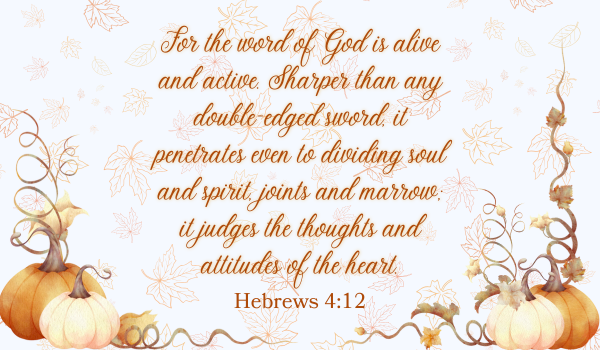
Much like the protective shell of a pumpkin, we often build walls around ourselves—walls of fear, shame, or denial—that prevent us from facing the sticky things we’ve hidden deep inside. These barriers keep us from experiencing the fullness of God’s healing and power. God uses His Word to penetrate the layers of our lives, examining our hearts. We must be willing to invite Him to “cut” into the layers of our defenses, pride, and resistance, trusting Him to reveal the things within us that need to change.
Now it’s time to get our scoopers ready! Cleaning out the innards of the pumpkin is wildly messy, and can sometimes feel cumbersome and overwhelming. We need to reach inside to scoop out the slimy, stringy pulp sprinkled with seeds- requiring our hands to get dirty —literally and metaphorically.
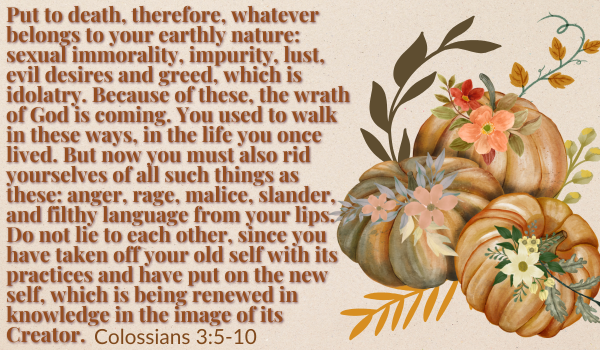
Just as the pumpkin needs to be cleared out to fulfill its purpose, we too must allow God to empty us of the clutter that accumulates in our hearts and minds. To do so, we need to be willing to sift through the layers of our lives and challenge habits, unhealthy mindsets, and unresolved issues. Confronting sins, pride, fears, and distractions isn’t always easy, as we need to honestly face our inner darkness, acknowledging uncomfortable truths residing within us.
Once the pumpkin is cleaned out and ready, it is time to carve a design into its surface. Each cut shapes the pumpkin into a reflection of the creator's vision.
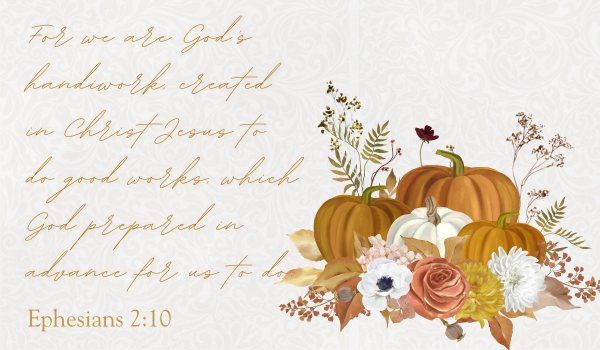
Like the design on the pumpkin, we are each uniquely crafted, with gifts, talents, and purposes that God has specifically designed for us. We must recognize that He is at work in our lives, and willingly allow Him to shape us, carving away the remnants of our old selves for His purpose.
The pumpkin is nearly ready to be put on display,—we just need to place a candle inside. This empty, hollow cavity, which was once cluttered and chaotic, has become a vessel that can now radiate light from within.
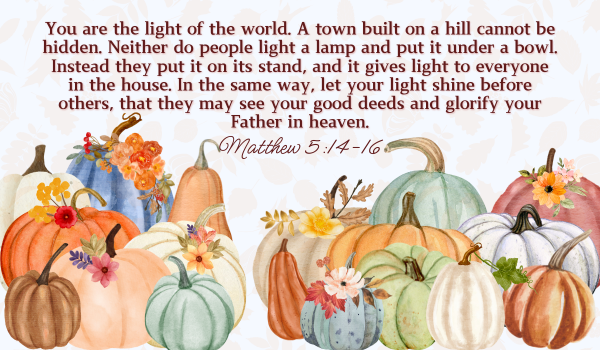
When God’s work is complete, His light fills the spaces once occupied by sin and fear, and we shine brightly with His love, hope, and grace for all to see. In His hands, we are transformed from a raw, unfinished state into something that reflects His glory.
Parable 2: Growing a Pumpkin
Growing a pumpkin requires time, care, and patience. From the moment a tiny seed has been planted in the soil, it must be diligently attended to, only reaching fruition when properly nurtured with water and sunlight in the right conditions. As the seed germinates, it gradually pushes through the earth and begins its upward journey, developing roots that anchor it and vines that stretch toward the sun.
At times, gardeners face challenges, like pests, weather changes, or slow growth. Still, they consistently tend to their plants, doing all that they can to provide an environment where they can flourish.
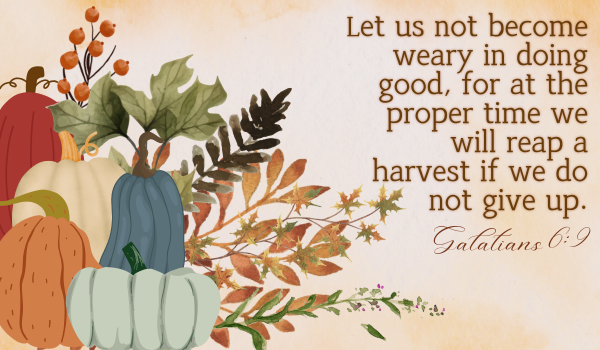
Comparably, faith begins as a small seed planted within our hearts that also requires a supportive environment to thrive. Rather than water and sunlight, we need to nurture our faith with prayer, community, and His Word.
Parable 3: Bearing Fruit
Rows of vibrant ripe, plump pumpkins scattered across the field are the pinnacle of months of patience, care, and persistence. Each pumpkin is a testament to the farmer’s hard work, a reward for the effort and care invested throughout the growing season.
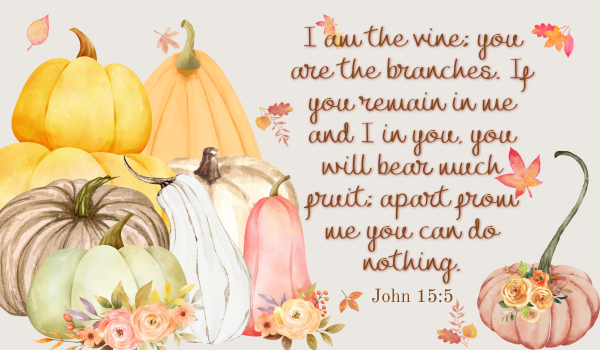
Just as a farmer expects a bountiful harvest from their crop, God expects that our lives produce spiritual fruit—visible evidence of His work within us.
Like the pumpkins that flourish because they are attached to healthy vines, our ability to bear spiritual fruit depends entirely on remaining connected to God. As long as we nurture our relationship with Him, He will empower us to grow, flourish, and produce spiritual fruit, no matter the season we find ourselves in.
Overall
The first parable reminds us that we each carry a unique light and purpose, sculpted by the Master’s hand. Just as we carefully scrape out a pumpkin to prepare it for carving, we must be intentional about identifying and removing the sins, burdens, and distractions in our lives. This cleansing is not a passive process; it requires effort and self-reflection. However, when we invite God into this process, He begins to reveal the areas that need transformation and gives us the strength to let go of what hinders us. The more we allow Him to work within us, the more we are emptied of sin and filled with the goodness and glory of His light. As God shapes us, we become vessels that reflect His love, radiating His light to the world around us.
The developmental stages of a pumpkin echo the progress of our spiritual growth; requiring patience, consistent effort, and a willingness to stay connected to the source of our nourishment—Jesus Christ. As we cultivate our relationship with Him, we become more fruitful, maturing in our faith and bearing witness to His work in our lives.
Finally, the last parable emphasizes that when we prioritize our connection to Christ, we position ourselves to experience the fullness of life that He promises, leading to an abundant harvest of good works and spiritual fruit.
As you carve your pumpkins and celebrate the season, may you be inspired to embrace the lessons they offer and allow God’s light to shine brightly through you.
-Torrance Community Church of Christ

